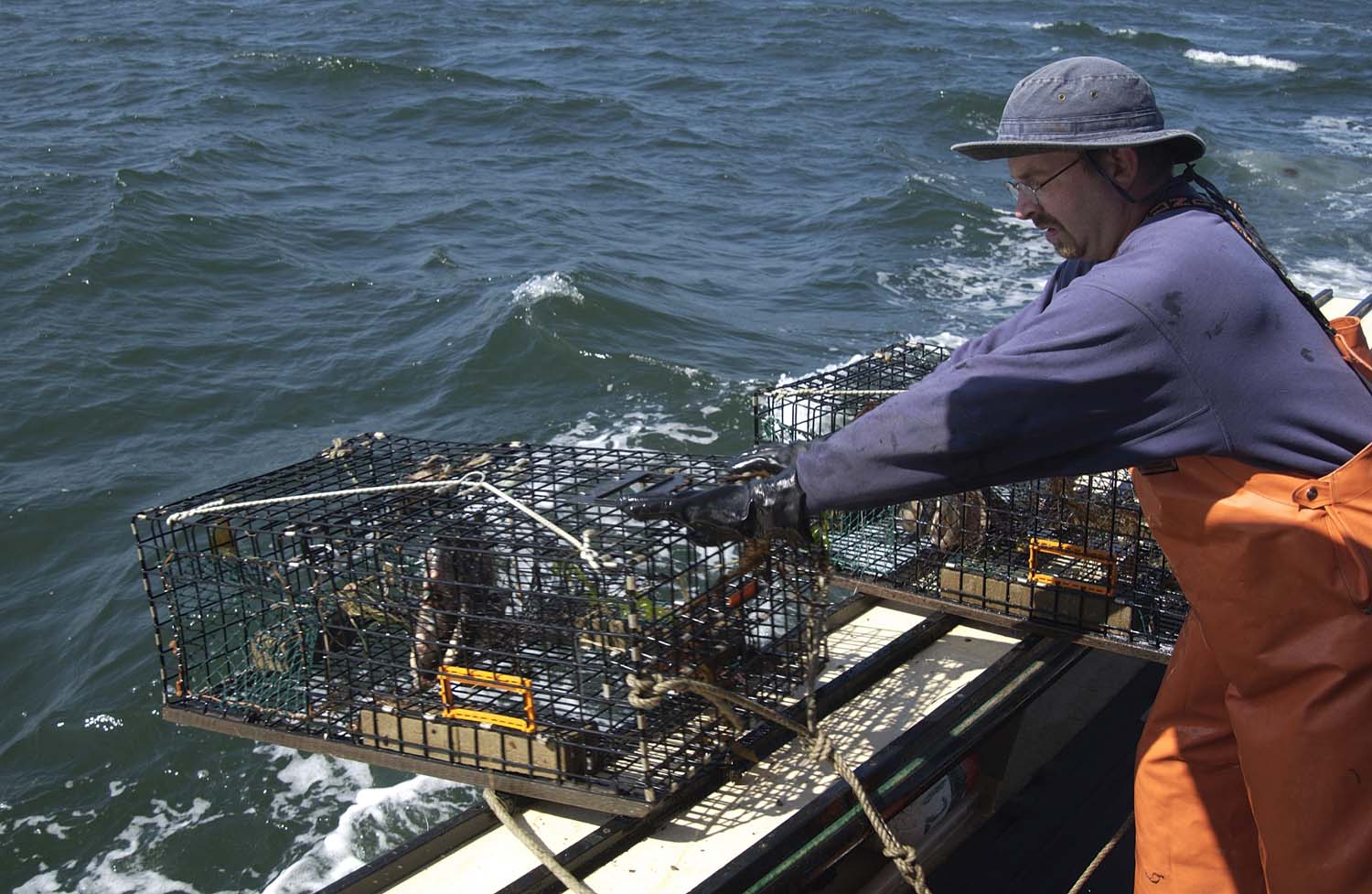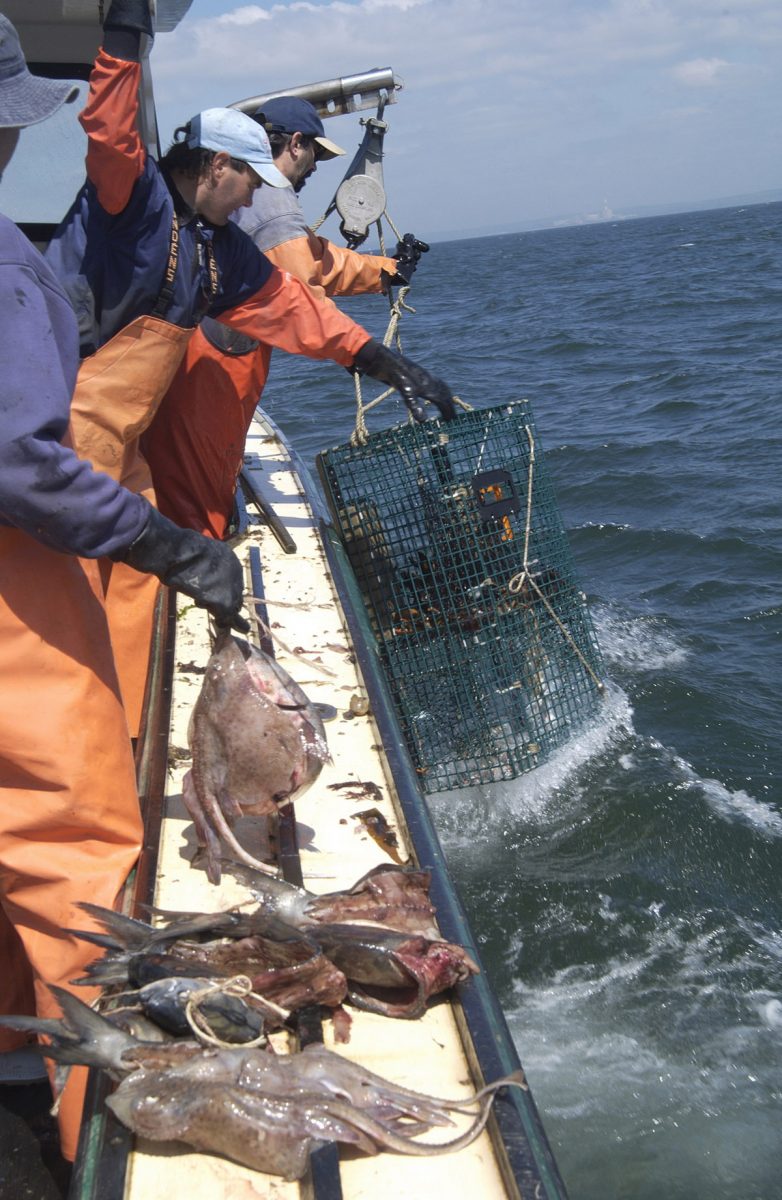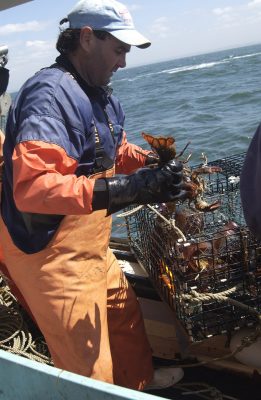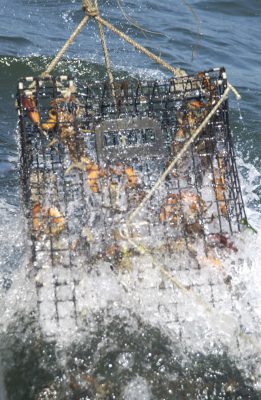
Question & Answer with Tarsila Seara, assistant professor and coordinator of marine affairs at the University of New Haven
Seara studies the social aspects of marine policy and climate change. Christine Woodside, author of the article in the Fall-Winter 2018 issue of Wrack Lines, “Long Island Sound to lobsters: is this farewell?” asks about her research on Long Island Sound lobstermen. Seara has recently been awarded funding from Connecticut Sea Grant to study the impact of the collapse on Connecticut lobstermen.
Q: You’ve done some studies of how climate change has affected the livelihoods of fishers. Trapping lobsters in Long Island Sound is no longer a viable full-time occupation — is that correct? We still see lobster landings and those lobsters are worth a lot of money, even if the amount that comes in is reduced.

A: Yes, the once thriving and lucrative lobster fishery of Long Island Sound is virtually gone. To give you an idea of the extent of the impact to the industry and the local economy, in 1998, there were 1,200 licensed lobstermen in Long Island Sound (both Connecticut and New York) and, prior to the die-off, the industry was worth at least $36 million annually. In 2002, the number of licensed lobstermen fell to about 900, and in 2004 the commercial lobster landings were worth less than $7 million. A decade later, in 2014, commercial landings represented only 1 percent of the peak values of the pre-1999 mortality event years and the industry has not recovered to date.
Q: How does the warming water of Long Island Sound and the Atlantic affect your plans for research?
A: My research in Long Island Sound investigates the long-term socio-economic impacts of the demise of a fishery that was once so important to so many people. I have interviewed former lobstermen who, almost 20 years after the event, vividly recount their experiences and relate the impacts of the disaster to their past, current, and future life changes and choices. Most of these interviews were incredibly emotional. There is a great deal of research that shows that fishers are extremely attached to their occupation. They simply love what they do and cannot see themselves doing anything else. The lobster fishery of Long Island Sound provides this interesting and important case study to help us understand the potential future impacts of climate change on fishers and coastal communities.
Some of the most significant impacts of climate change on marine fisheries include the geographic shift and increased mortality events of economically important species. So it becomes important to understand the long-term impacts of the demise of a fishery on fishers and coastal communities to develop strategies and policies to address future impacts of climate change.
Research investigating the impacts of climate change and warming seas on marine fisheries can to generate data to inform future decisions that adequately take into account adaptation and well-being of fishers and coastal communities.


